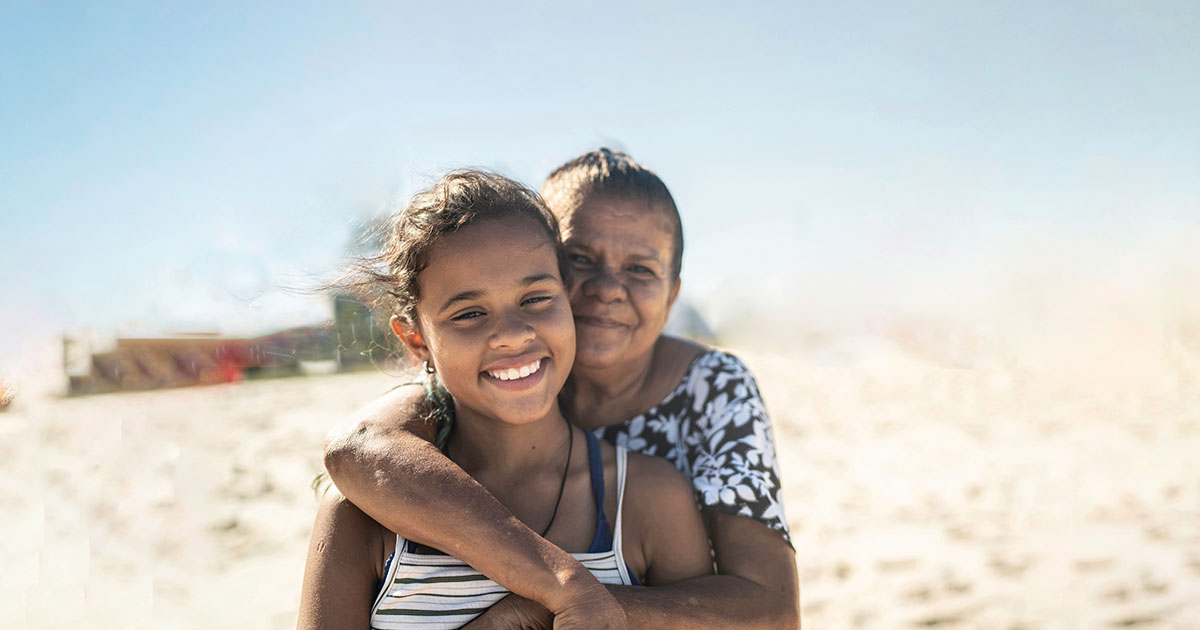Striving for equity this International Women’s Day
- Details
Today is International Women’s Day, a day to celebrate and respect women and their achievements and contributions around the world. It’s also important that we talk about the challenges many women face – challenges which can prevent women from being full, participating members of the community, the factors that entrench gender inequality.
As CEO of Mission Australia it’s hard to talk about gender inequality in Australia and not talk about two areas where we really see it play out.
Domestic and Family Violence (DFV) is the number one reason people seek help from a homeless service, particularly women and children. Sadly more than a third of Australian women report experiencing at least one form of violence from a known male partner during their lifetime.
We know financial constraints, a lack of affordable housing options and childcare costs all impact on a woman’s decision to leave an abusive relationship. Leaving a violent situation is already a very challenging and dangerous time, so adding financial uncertainty into the mix can make that seem impossible for many women.
Secondly, older women continue to be particularly vulnerable to later-in-life homelessness. This is often due to a range of factors that means they are in precarious financial positions such as casual or part-time work, taking time off to be carers, the gender pay gap and retiring with limited savings.
As our Ageing and Homelessness Report highlighted more women than men over 65 are renting and more older women sought help from specialist homelessness services in 2015-16 than older men.
Of course having appropriate and affordable accommodation is part of the immediate solution. We know that with access to permanent and secure housing the majority of older women will be able to live independently with minimal supports. Considering the current waiting list, more social and affordable housing options for older people including for single older women are definitely required.
We also need strategies to boost economic security for women, to prevent heightened risks of homelessness in later life. This includes national strategies to address the gender pay gap, provide paid parental leave and facilitate affordable childcare. We also need to address the gendered drivers of violence against women including challenging gender stereotypes and roles, and promoting positive, equal and respectful relationships.
Mission Australia sees all of this as a service provider, but also as an employer. It is the responsibility of organisations to make changes to support their female staff. Our gender diversity strategy aims to increase the number of women in leadership roles, and we’ve also introduced practices which ensure women are not left-behind financially when they take time off work to have children.
We’re committed to building a workplace where staff either experiencing or at risk of DFV can come forward for help and support. We have a DFV policy which supports any staff who are impacted and includes access to additional DFV leave. I hope many more organisations will follow suit.
While policies and processes are important, improving gender equality is everyone’s responsibility. Over recent months there have been a number of alarming accounts in the media and an emergence of global movements highlighting the harassment and assaults many women still regularly face both at work and in their daily lives. We saw with many of the scandals occurring around the world that workplace culture needs to change too. We must all take responsibility for speaking up and speaking out when we see discriminatory or oppressive behaviour.

James Toomey
CEO Mission Australia
@jbc_toomey
Related media releases
Read about what we’ve been working on, our stance on important social issues and how you make a difference to vulnerable Australians' lives.



